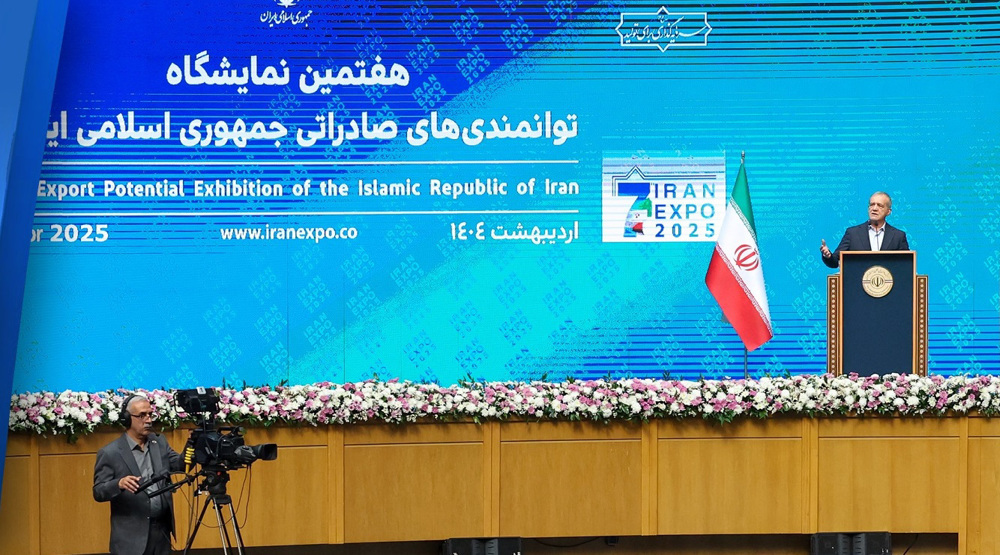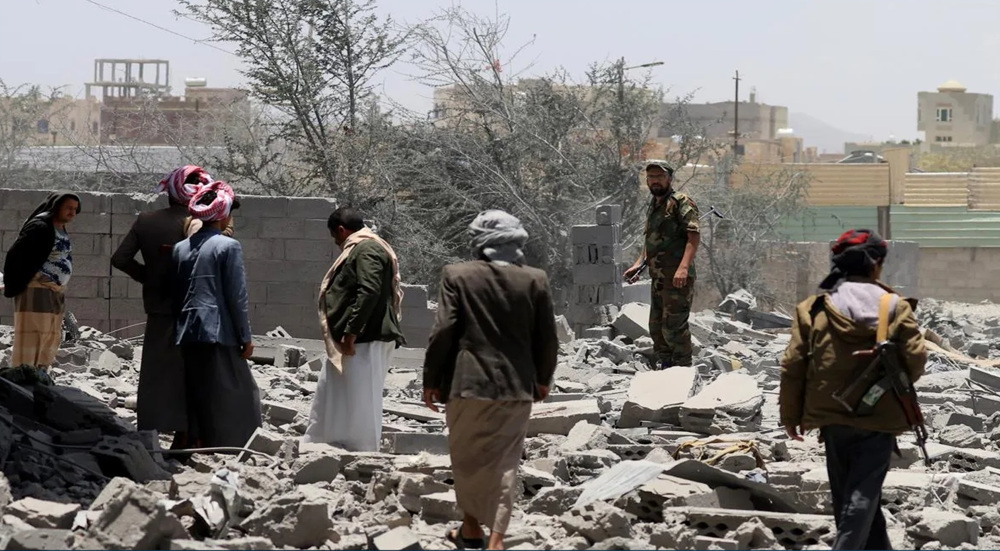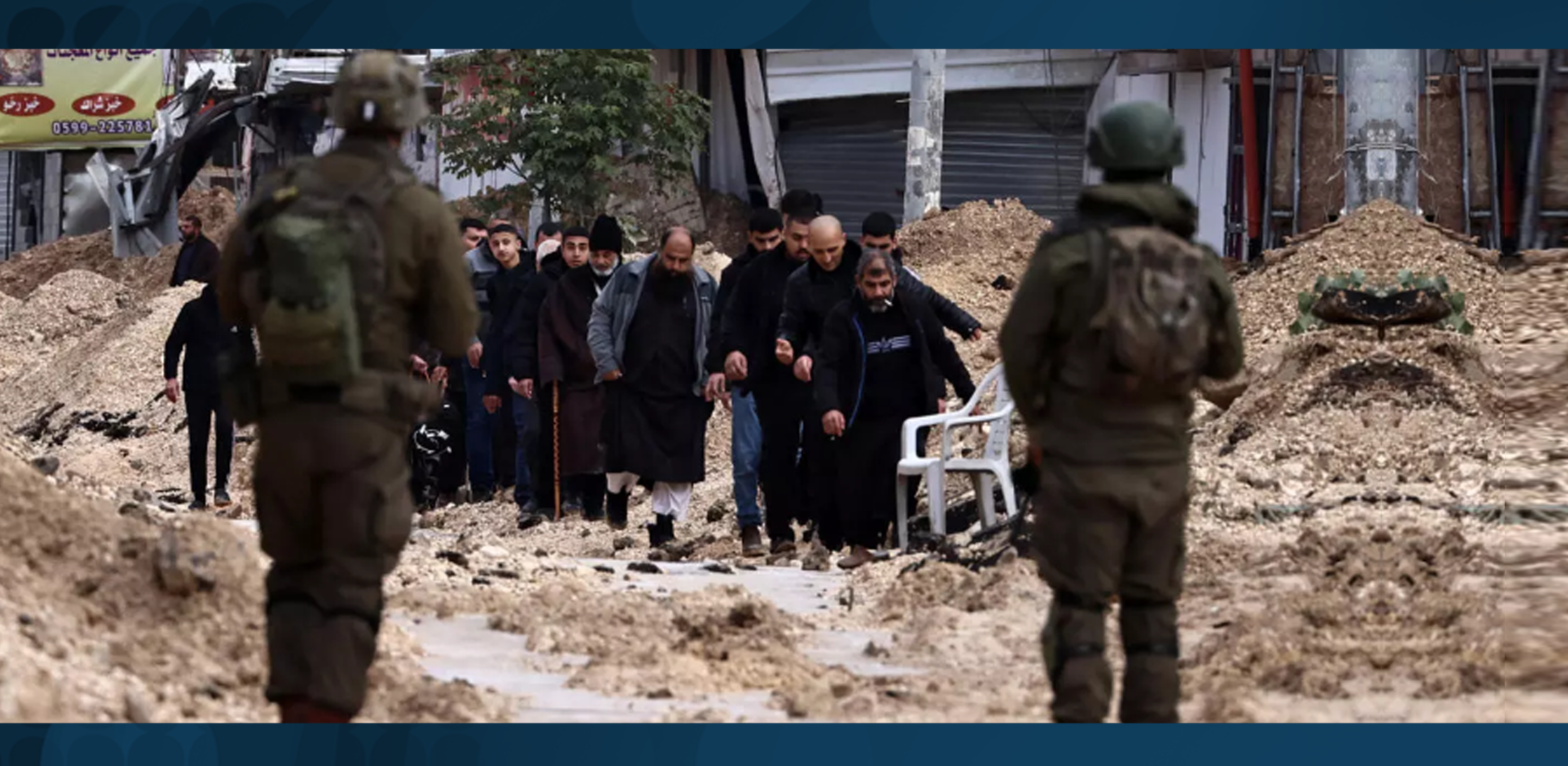JCPOA showed trusting US is costly mistake: Iranian official
Yusef Jalali
Press TV, Tehran
The bumpy road of the 2015 nuclear deal now faces a new juncture. After its unilateral withdrawal from the deal back in 2018, the US now calls for the extension of the UN arms embargo on Iran, which under the nuclear deal is set to expire in October.
The US’s move came during the latest UN Security Council’s meeting which was held online on Tuesday.
The US’s push, however, fell flat, with other Security Council members reminding Washington that it was no longer a party to the Iran nuclear deal and cannot thus resort to Resolution 2231, which endorsed the accord, to seek an extension of the UN ban.
Iran’s President Hassan Rouhani said Tuesday’s UNSC session showed that the US is always legally and morally wrong about Iran.
Despite the shortcomings with the nuclear deal, President Rouhani continues to defend its positive effects for Iran.
In Iran, not everyone resonates with the president’s take on the accord. Some Iranian lawmakers call the JCPOA a one-sided agreement meant to strip Iran of its inalienable rights.
Unlike its promising start, the nuclear deal today is no longer the talk of the town.
Following the US pullout from the JPOA, Iran took a number of retaliatory steps to reduce its commitment to the deal, including increasing the percentage of uranium enrichment.
Although the European signatories to the deal opposed the US’s appeal at the UN Security Council, Iran still believes that the EU needs to do more to revive Iran’s violated rights under the accord and at least offset the impacts of the US sanctions.
Following the signing of the nuclear deal in 2015, the accord was celebrated as a victory for diplomacy and a panacea for Iran’s troubled economy, since it promised to lift anti-Iran sanctions in return for the country curbing its nuclear program.
Five years on, nothing seems to have changed economically for Iran, but experts believe politically speaking, the deal upturned the foreign policy equations, showing the world that trusting the US is a costly mistake.

Expo 2025 in Tehran showcases Iran trade, investment opportunities

Fresh US airstrikes target more Yemeni civilians

Laughter under rubble: Palestinians turn displacement into defiance
Hopeful signs in Iran-Africa ties as Tehran hosts third summit
Sexual exploitation weaponized by Zionist assets to demonize Britain's Muslim community
ICC bars chief judge from disclosing Israeli arrest warrants: Report
Parl. speaker: Iran won’t be swayed by Israel’s ‘delusional’ rhetoric
Extremist Israeli minister orders closure of al-Quds Fund and Endowment office
British firm supplying engines for Israel's killer drones: Report
VIDEO | Muscat negotiations, Yemen missiles
Canada should ‘never forget’ US betrayal; old relations ‘over’: New PM






 This makes it easy to access the Press TV website
This makes it easy to access the Press TV website